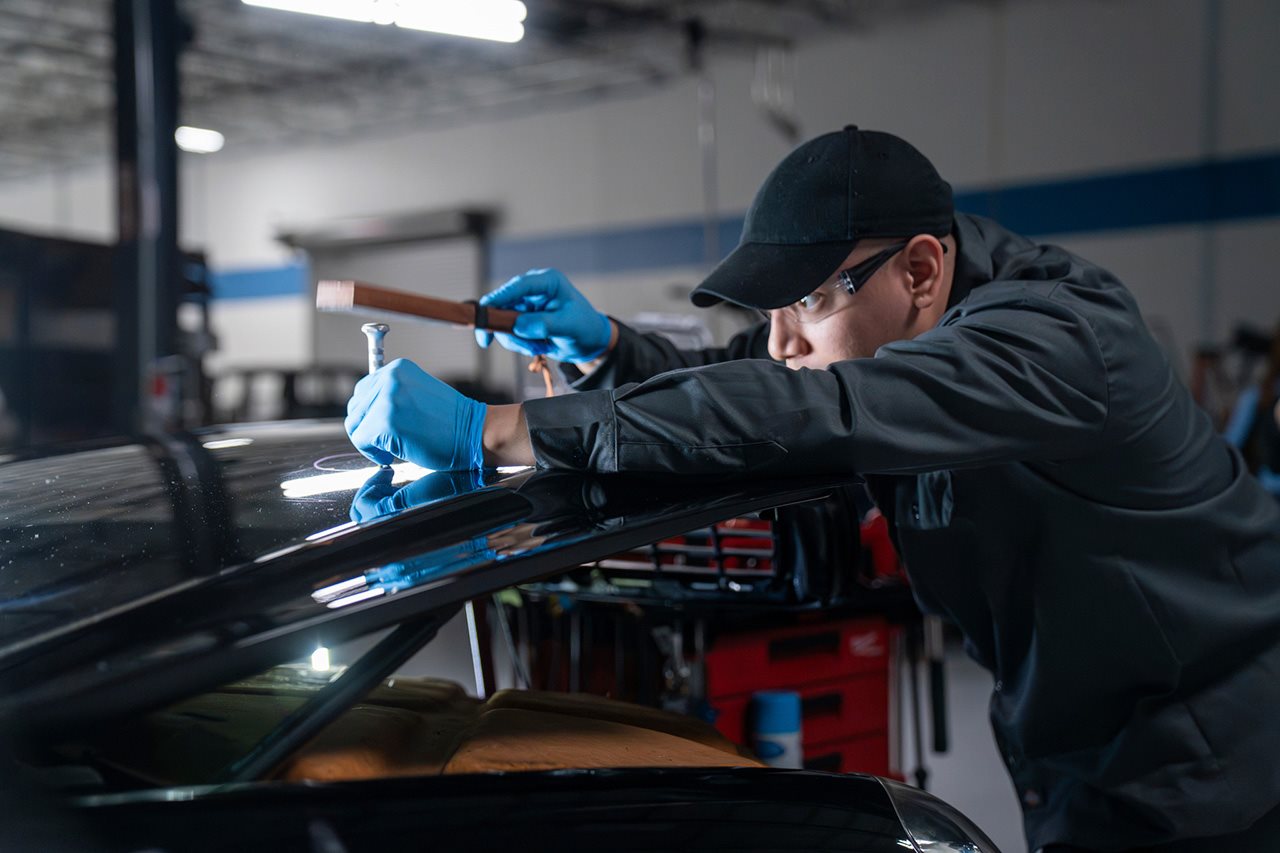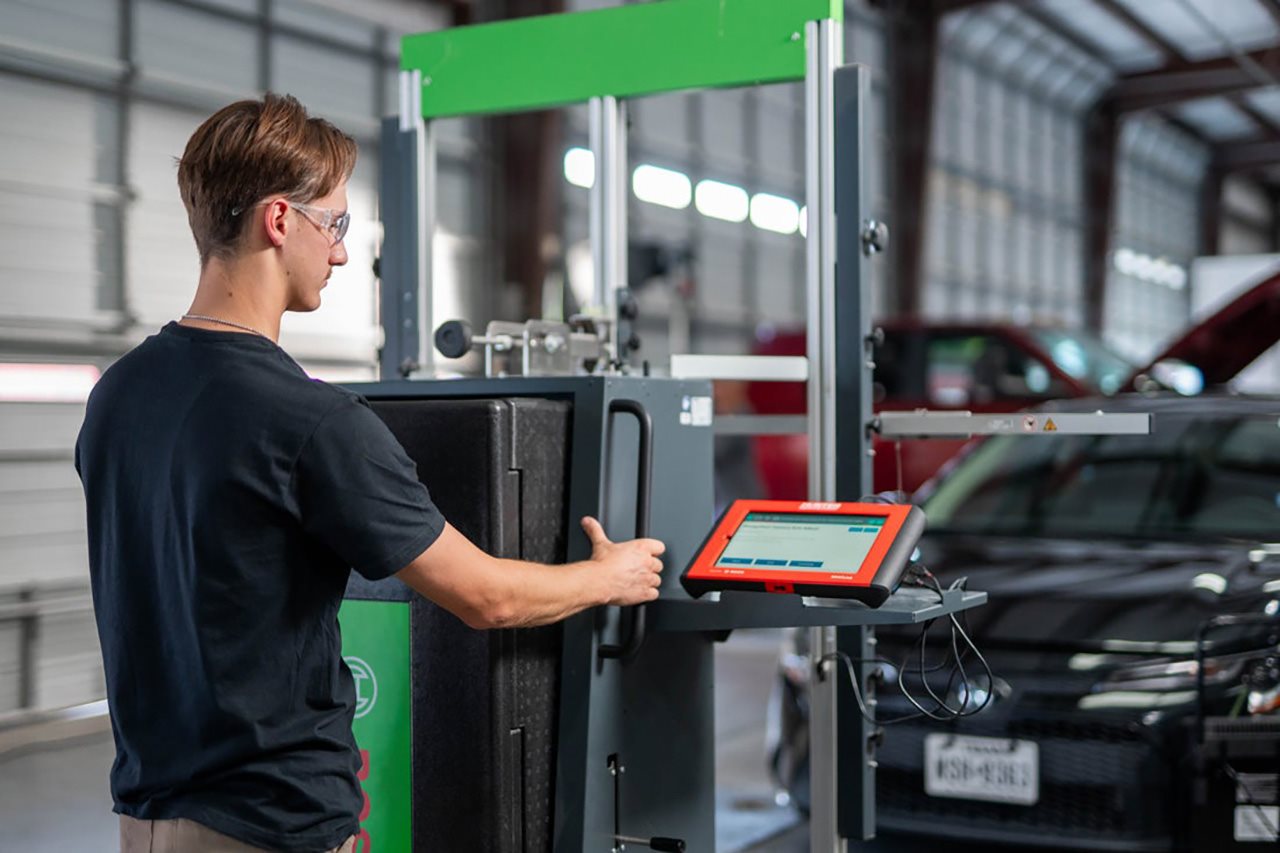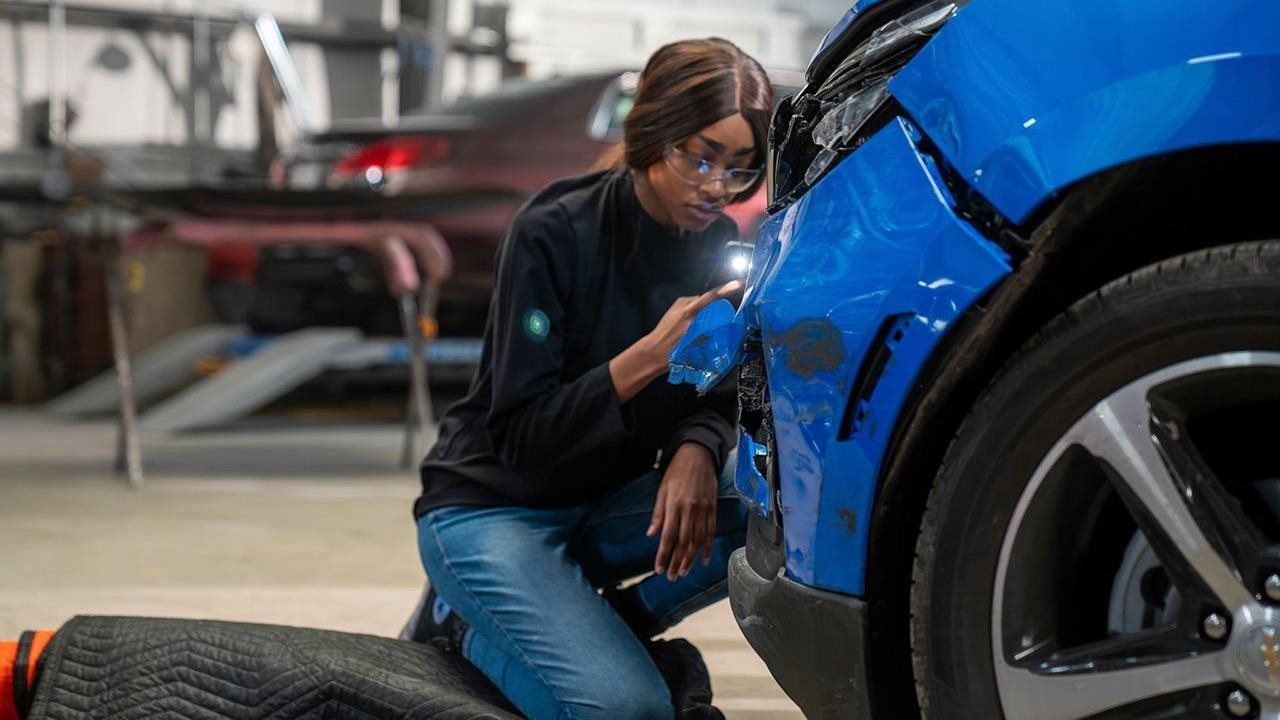A Shift in the Job Market: How Collision Repair Is Drawing the Next Generation of Skilled Workers
(BPT) - For decades, the well-worn path after high school led straight to a four-year college. But as tuition soars and student debt burdens climb, many young adults are rethinking their options. Increasingly, they're choosing skilled trade programs that can lead to lucrative, technology-driven careers — without the financial strain.
One of the lesser-known, yet fastest-growing, opportunities? Collision repair. Far removed from the dusty, grease-stained garages many imagine, today's collision repair shops are more like laboratories — where advanced materials, technical problem solving and digital technology converge to return vehicles to like-new conditions.
How long does it take to become a certified collision repair technician?
Training programs are designed to move students quickly from the classroom to the shop floor. You can enter the industry by learning through a Career and Technician Education (CTE) school or by working directly on the job by completing an apprenticeship program at a local collision repair shop. Most certification programs take 18 to 36 months to complete — far shorter than the typical four-year college degree. Students spend less time sitting in a lecture hall and more time learning hands-on skills that translate directly into paid work.
How much does certification cost?
Don't worry about breaking the bank to get certified. Most school programs for collision repair are a fraction of the time and cost of a two- or four-year degree. That means students can graduate with little to no debt. Scholarships — even those designed to help students purchase their first set of professional tools — are common, lowering the financial barrier to entry. Many shops will even cover the costs of training and education as they see the value in investing in rising talent, and future technicians can earn while they learn.

How much can a collision repair technician expect to earn?
For many, the earning potential is a surprise. Starting salaries for this career are higher than most entry-level positions in other industries and with some experience, six-figure salaries are achievable in a few short years. The work rewards skill and dedication, with clear pathways for advancement into specialized or management roles.
What kinds of jobs are available?
Collision repair is one of the few trades that combines science, technology, engineering, art and math. Individuals fascinated by how vehicle technology works, drawn to analyzing data or inclined toward creative pursuits can find a collision repair career track that aligns with their skills and interests.
There are several technical roles within the shop:
- Structural
- Non-Structural
- Refinish
- Electrical Diagnostics
- Mechanical Technicians
- Estimator
With the rise of electric vehicles and advanced driver-assistance systems (ADAS), there are certified technicians who focus on complex electronics and calibration work. The industry values versatility, and the skills learned in one role often transfer easily to another, offering professionals flexibility throughout their careers.

Is there demand for collision repair technicians?
While no one can know the future, the collision repair industry is growing, and so is the demand for technicians. I-CAR — a not-for-profit education, knowledge and solutions organization that provides many of the industry's training and credentialing programs — estimates that a combination of unfilled roles and expected retirements over the next five years will leave the industry 100,000 skilled technicians short. Shops across the country are actively hiring, offering rapid advancement for skilled candidates and car enthusiasts alike through education and training — all in service of a greater calling: keeping America moving safely on the roads.
How can someone get started?
Resources like CollisionCareers.com, created by I-CAR, connect students and job seekers to Career and Technical Schools, collision repair shops and career information. It's part of a broader effort to attract more young people to a field that has quietly become one of the most technology-driven trades in the U.S.
With demand for collision repair technicians continuing to grow and more Americans seeing the benefit in trade careers, now is your chance to get involved in this rewarding industry. Whether you're drawn to job security, growth potential or the hands-on work that will allow you to fine-tune your skills as you advance, this career path is a fulfilling field that offers a bright future for those who are ready to dive in.

Information contained on this page is provided by an independent third-party content provider. XPRMedia and this Site make no warranties or representations in connection therewith. If you are affiliated with this page and would like it removed please contact [email protected]

